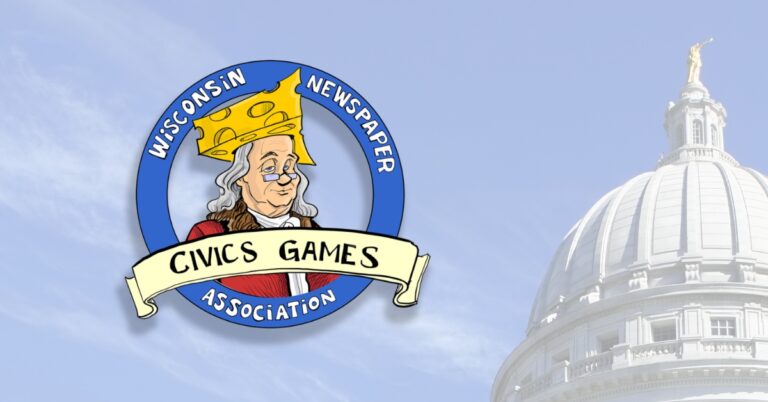“Your Right to Know” is available for publication at no cost.

As part of doing business, government agencies often maintain contact lists or distribution lists. These days those are typically email addresses, but they also can contain physical addresses or even phone numbers.
Your state legislator probably has a list of email addresses to send newsletters. Your local governmental units might have multiple lists for different purposes — phone numbers to call for volunteers, mailing addresses to send recreation department brochures, or email addresses to send weekly announcements.
What many people do not realize is that all of these lists maintained by public agencies are public information. You have a right to access and use these same contact lists. All you have to do is make a record request for them. For example, if you receive an emailed newsletter from city hall, you can ask for the list of all email addresses to which that newsletter was sent.
This isn’t a new concept. Since the 1970s, Wisconsin’s Attorney General has issued formal opinions consistently saying that government distribution lists are public records and must be turned over, absent a showing of likely harm. The Wisconsin Supreme Court in 1984 required a school to release names, addresses, and phone numbers of parents. And just this past year, in a case I litigated, a state appeals court ruled that a school had to release parent email addresses.
I sometimes hear objections that this information is private, that some random person has no right to obtain hundreds or thousands of people’s home addresses, phone numbers, or email addresses. That argument has been consistently rejected as a legal justification for non-disclosure by the courts. But even from a policy standpoint, I think, it doesn’t hold water.
There’s nothing inherently sensitive or secret about basic contact information like this. After all, the purpose of having contact information is so people can contact you. Your address tells people where they can send mail and how to find your home. Your phone number lets anybody with a phone reach out to you. The same goes for an email address.
This information used to be widely disseminated in phone books and is still readily available online (albeit sometimes for a small fee).
Can this information be abused? Sure, but that’s not the standard for deciding whether government records must be released. All information has some potential for misuse, but we have a presumption that information in government hands is public. It can only be withheld if a clear exception applies or the custodian can show a real likelihood of significant harm will be caused by the release of records.
People who are at unusual risk, including domestic abuse victims, have resources like the DOJ’s Safe At Home program to protect their home address at no charge.
What it comes down to is this: contact lists are a valuable resource to the government. Officials and employees use them to spread whatever messages they want. But the government shouldn’t be able to hog these lists. Government records are our records, and we have the same right to use lists of contact information obtained and maintained with our tax dollars as government officials do.
Your Right to Know is a monthly column distributed by the Wisconsin Freedom of Information Council (wisfoic.org), a group dedicated to open government. Council member Tom Kamenick is the president and founder of the Wisconsin Transparency Project.



